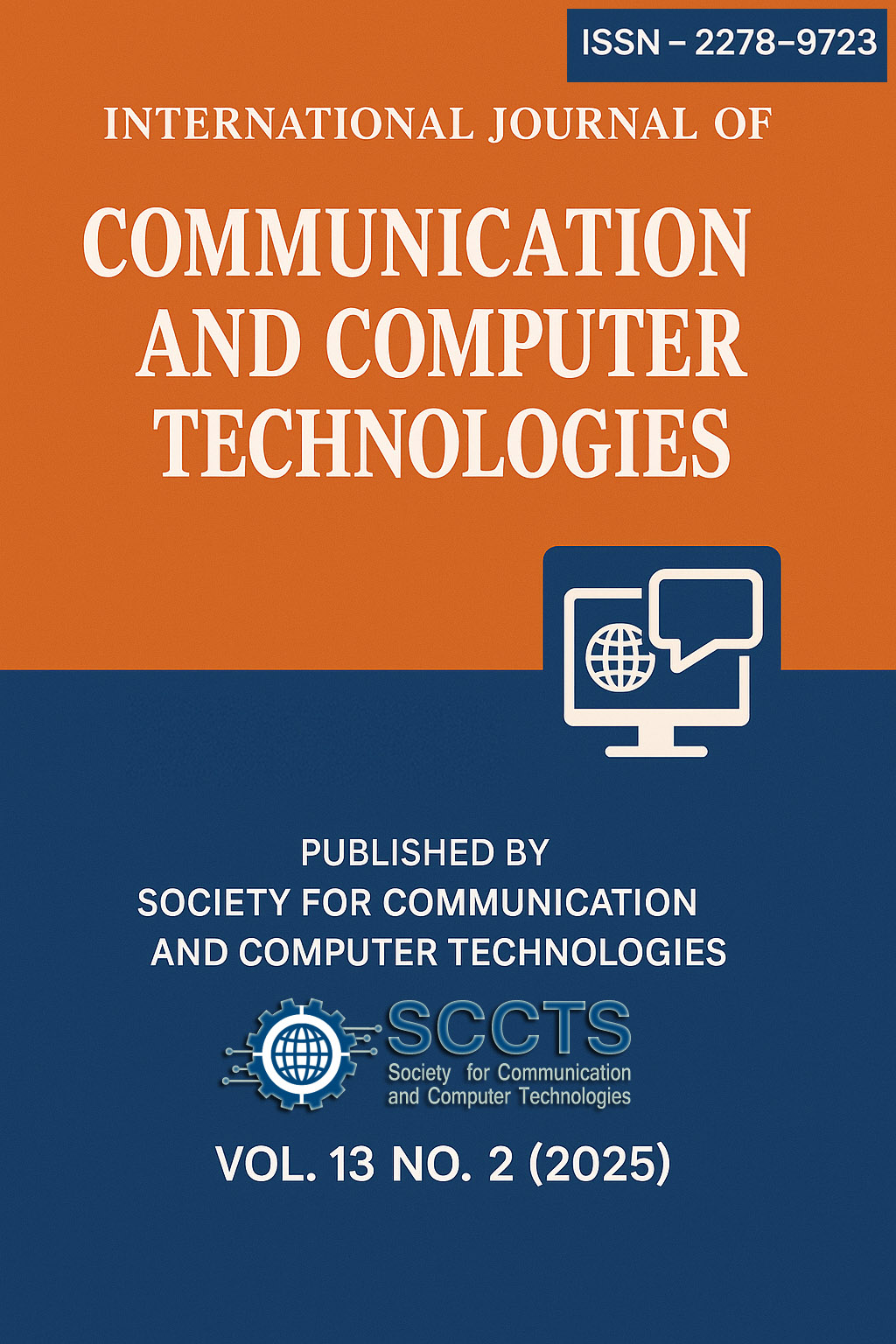Hybrid Energy Storage Management in Microgrids to Mitigate SOC Deviation and Improve System Stability
DOI:
https://doi.org/10.31838/IJCCTS.13.01.02Keywords:
Microgrid, Hybrid Energy Storage, SOC Deviation, Fuzzy Logic Controller, Energy Management System, Battery-Supercapacitor Integration.Abstract
The integration of renewable energy sources into microgrids at a high speed has changed generation and resulted in fluctuations in the power generation and State of Charge (SOC) regulation of energy storage systems (ESS). Typical high frequency charge discharge cycles have so far proven to be a challenge for conventional single storage solutions to effectively address. This paper presents an adaptive architecture of a hybrid energy storage system (HESS) using a battery energy storage system (BESS) and a supercapacitor energy storage system (SCESS). In this work, a fuzzy logic based energy management system (FLEMS) is proposed to dynamically allocate the power to the two storage components based on the demand for load at defined thresholds, and rate changes of SOC. A mathematical model of the microgrid including renewable generation, loads, and HESS is developed in a comprehensive form. The reduction in SOC deviation and improvement in system frequency stability provided by the Simulink results of this work is compared to traditional BESS only configurations and shown to be 35% lower for the SOC deviation and 22% better for system frequency stability for a range of load and renewable generation scenarios. Experimental validations with real timed SPACE and scaled microgrid testbed are observed to have a deviation of only 9.8 % in SOC and 0.31 Hz in frequency variance which shows that the proposed approach is practically realistic. While these findings present some compelling implications for future research on microgrid, they also make it clear that for addressing the most critical stability challenges, hybrid energy storage is indeed effective. This study augments the general discussion in designing resilient microgrid systems that can react to the rising reliance on a progressively intermittent renewable energy sources through showing how intelligently managed hybrid storage systems can improve reliability, efficiency, and control Flexibility. The results call for the continuation of HESS architectures, as they prove useful for further exploration of sustainable energy solutions in the microgrid context.
Downloads
Published
How to Cite
Issue
Section
License
Copyright (c) 2025 International Journal of communication and computer Technologies

This work is licensed under a Creative Commons Attribution-NonCommercial-ShareAlike 4.0 International License.









 The articles in Worldwide Medicine are open access articles licensed under the terms of the
The articles in Worldwide Medicine are open access articles licensed under the terms of the 